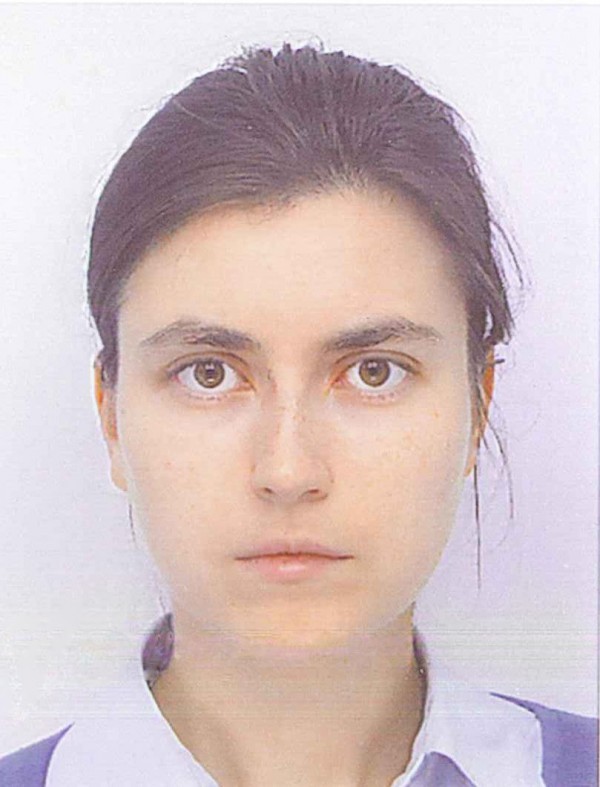Olga Syzgantseva
Interview by Carey Sargent, EPFL, NCCR MARVEL
The biggest challenge that woman scientists face is…
I think that in terms of equal representation of women there are some challenges. Yes, at the PhD or post-doc level women are quite well represented, but there’s a problem in the equality of the distribution of faculty positions. On these positions, in my opinion, women are insufficiently represented, because the main challenge for women-scientists is that there is no always a possibility to apply expert background after the post-doc. We earn the degrees and the experience, but there is no always a place to apply it in a permanent position.

I chose a scientific career because…
Actually, it’s hard to say because it was a long time ago. I have been interested in chemistry as a science already since high school and had chosen a scientific career because of interest in chemistry. I was always attracted by fundamental studies, that’s why I joined the Faculty of Chemistry at Moscow State University.
If I were not a scientist, I would be…
That’s a good question… Probably I would become a lawyer because I like that in jurisprudence argumentation has as much importance as in science. That's probably why I have an academic degree in law of the University Sorbonne-Panthéon and University Panthéon-Assas.
My most exciting MARVEL discovery to date has been…
For the moment, my most exciting MARVEL research discovery was creation of method for modification of the electronic structure of MOFs, that allows to obtain in a targeted way novel properties for already known and explored compounds. This is really opening vast horizons for materials design and I hope that this will become a contribution of MARVEL towards international scientific research.
My top two papers are...
First paper on perovskites that I published with Michael Grätzel, a communication with whom in itself is a great honor for me. Second paper is now under review in the Journal of the American Chemical Society. This paper is devoted precisely to the above mentioned method of modifying electronic structure of MOFs.
